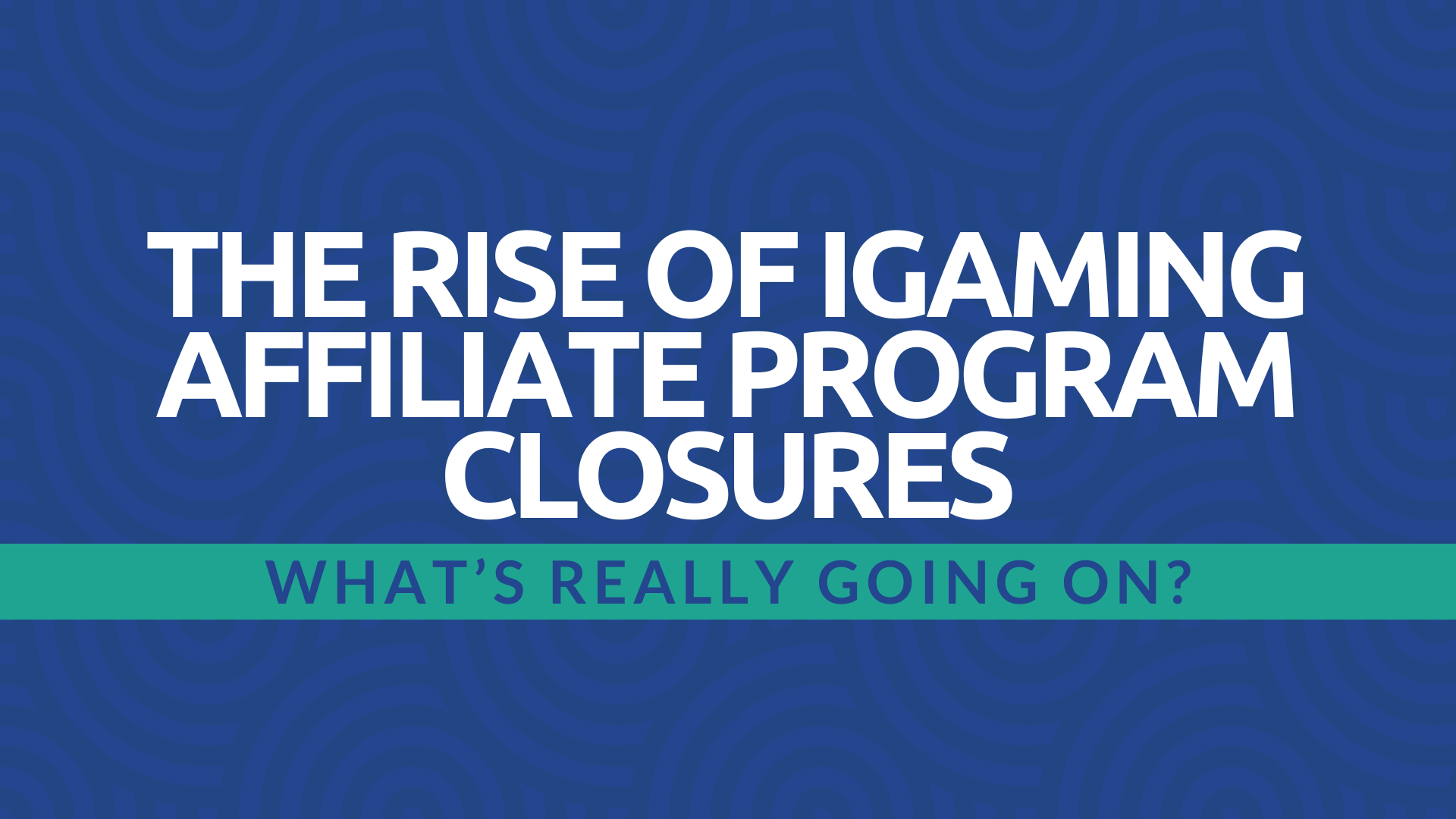Operators are reviewing their acquisition mix and, in some cases, deciding that affiliates no longer align with their priorities. Betfair framed its exit as a “strategic realignment” — a corporate way of saying affiliates weren’t part of their future plans.
At the same time, the cost of operating affiliate programs has gone up significantly. In the UK, Germany, and certain US states, compliance requirements and taxation are squeezing margins. Some programs, like GlobaliGaming Partners, simply decided it was no longer worth it.
What makes it even more worrying is the situation on the smaller operator side. Many of them are simply running out of money. The rush to launch brands through white label platforms has created a new wave of underfunded businesses. On the one side, white label providers — often data and tech suppliers — are betting on small brands, hoping they’ll catch traction. On the other hand, operators see a shortcut to entering the market without the capital or infrastructure required for a full-scale operation.
The problem is that most of these ventures never gain meaningful traction. Affiliates are brought on board, traffic is sent, but when the operator struggles financially, the affiliate program is often the first thing to go. That leaves affiliates unpaid and programs shuttered. It’s a risky cycle: quick-money ambition from small operators, risky investments from suppliers, and little long-term stability.
Technology plays a role as well. Running an affiliate program requires proper tracking and reporting tools, and some operators are choosing to close down programs rather than invest in upgrading outdated systems.
None of these issues are new on their own, but they’re colliding all at once. Regulatory costs and taxes are rising, larger operators are trimming non-core channels, smaller operators are running out of funds or never gaining traction, white label experiments are proving to be fragile, and tech debt is making programs too expensive to run properly. The result is that affiliate programs are closing at a pace we haven’t seen for years.
For affiliates, the message is clear: diversify, don’t rely too heavily on a single program or small operator, and be cautious if a brand looks underfunded or “too good to be true.” Owning your own data and analytics is crucial, as is staying close to affiliate managers who may give early warnings when a program is struggling. Larger, established operators with proven compliance records may not always pay the highest CPAs, but they are far more likely to still be there next year.
Affiliate programs in iGaming are under pressure like never before. For the large brands, it’s about strategy and compliance. For the small operators, it’s often about money running out before they ever had a chance. And in between, white label experiments are proving to be a high-risk gamble that too often leaves affiliates exposed.
Adaptability and diversification are key for affiliates, while transparency and sustainability will decide which operators earn long-term trust. The ground is shifting, and it’s up to both sides to decide whether we emerge with a leaner, more sustainable ecosystem, or continue to see programs vanish overnight.




